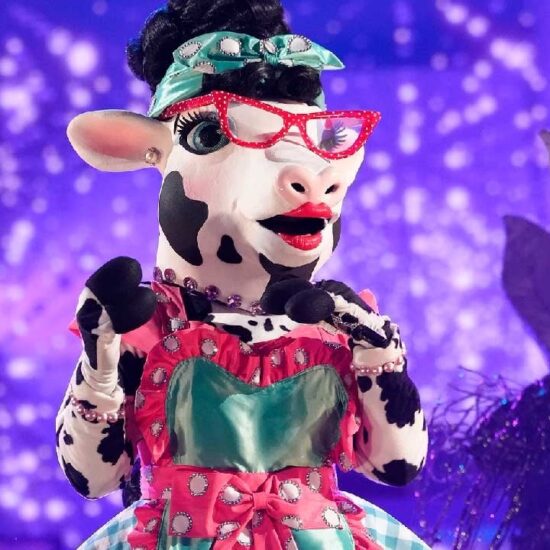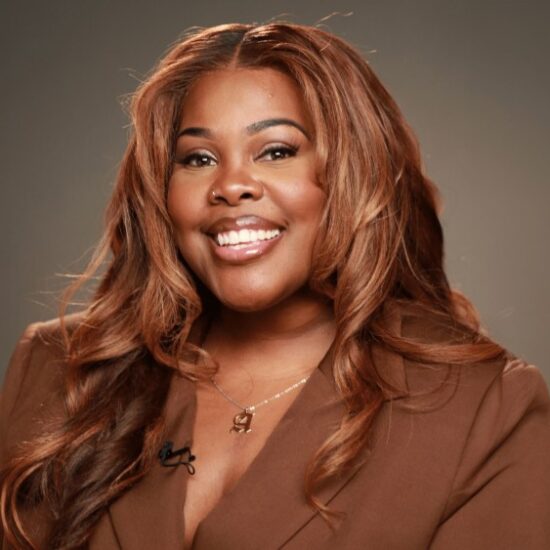
Maren Morris is breaking up with country music. On Friday, the 33-year-old singer released her two-track EP, The Bridge, after butting heads with Jason Aldean, his wife, Brittany Aldean, and others. While promoting her new songs, “The Tree” and “Get the Hell Out of Here,” Morris told The Los Angeles Times that she is saying goodbye to the genre for good.
“I thought I’d like to burn it to the ground and start over, but it’s burning itself down without my help,” Morris told the outlet of country music. “… I’ve kind of said everything I can say. I always thought I’d have to do middle fingers in the air jumping out of an airplane, but I’m trying to mature here and realize I can just walk away from the parts of this that no longer make me happy.”
Morris has long been vocal about her support for the LGBTQ community and has spoken out against racism and misogyny, as well as other hot button issues.
“After the Trump years, people’s biases were on full display. It just revealed who people really were and that they were proud to be misogynistic and racist and homophobic and transphobic,” Morris said. “All these things were being celebrated, and it was weirdly dovetailing with this hyper-masculine branch of country music. I call it butt rock.”
In 2021, Morris spoke out against Morgan Wallen when was caught on camera using a racial slur, for which he’s since apologized.
Last year, Morris and Brittany Aldean began feuding online after the latter woman made a transphobic comment, prompting the former woman to call her “Insurrection Barbie.” Later, Tucker Carlson called Morris a “lunatic country music person.” Morris put the phrase on merch and raised more than $100,000 for Trans Lifeline and GLAAD’s Transgender Media Program.
“I’ve always been an asker of questions and a status quo challenger just by being a woman. So it wasn’t really even a choice. I didn’t think of myself as a political artist. I just wrote songs about real life through a lens of deep respect for my country heroes,” Morris said. “But the further you get into the country music business, that’s when you start to see the cracks. And once you see it, you can’t un-see it. So you start doing everything you can with the little power you have to make things better… If you truly love this type of music and you start to see problems arise, it needs to be criticized. Anything this popular should be scrutinized if we want to see progress.”
Earlier this year, Jason Aldean sparked backlash for the pro-gun lyrics in his song, “Try That in a Small Town,” and the inflammatory images in its accompanying music video. Despite the controversy, the song, which Morris appeared to take aim at in her new Jason Lester-directed videos, hit No. 1 on the Billboard Hot Songs chart.
“I’d say, sure, congratulations on crossing over onto the big all-genre chart. But the stories going on within country music right now, I’ve tried to avoid a lot of it at all costs. I feel very, very distanced from it,” Morris said, before calling Aldean’s song and others like it “a last bastion.”
“People are streaming these songs out of spite. It’s not out of true joy or love of the music. It’s to own the libs,” she said. “And that’s so not what music is intended for. Music is supposed to be the voice of the oppressed — the actual oppressed. And now it’s being used as this really toxic weapon in culture wars.”
As for if her country music departure will be seen by many as her losing that war, Morris said, “I’m sure some people may think that. And I would say, ‘Feel free. Go ahead.'”
“I don’t want to have an adversarial relationship to country music. I still find myself weirdly wanting to protect it. But it’s not a family member. That’s the f**ked up part, is that I’m talking about it as if it’s a person, but it’s not. So it’s a lot of deep deconstructing that I’m still unraveling.”
Morris’ new songs, she said, “are obviously the result of that — the aftermath of walking away from something that was really important to you and the betrayal that you felt very righteously. But also knowing there’s a thread of hope as you get to the other side.”
In making her upcoming LP, Morris said she’s realized that she “needed to purposely focus on just making good music and not so much on how we’ll market it… I’ve had to clear all of that out of my head this year and just write songs.”
She’s been doing that alongside frequent Taylor Swift collaborator Jack Antonoff, making an album with “quirky jam-band moments to, like, prog rock.” The process, Morris said, has been “so fun” and put her “back in this space of writing songs I love with people I love.”
“It’s like, let’s write something bats**t insane today, and it might suck, but this is what I used to do when I moved to Nashville 10 years ago. The freedom to fail, you know?” Morris said. “New collaborations have been helpful for me too in getting perspective on feeling like the hall monitor of country music. The people I’m working with now have no idea what’s going on or the names I’m talking about.”
As for the path she envisions for her career now, Morris said she looks to Swift, with whom she recently sang onstage during an Eras Tour show.
“She’s been such a great friend over the years and has been really helpful in ways she probably doesn’t even realize in conversations I’ve had with her about everything you and I have been talking about,” Morris said of Swift, before explaining why Linda Ronstadt is also an inspiration. “She’s weaved through so many different genres, and she just had one of those voices that can kind of fit anywhere because you believe her when she sings something.”
In an Instagram post about her new songs, Morris explained the meaning behind the tracks. “The Tree,” Morris wrote, is about “a toxic ‘family tree’ burning itself to the ground, adding, “By the end of the song, I give myself permission to face the sun, plant new seeds where it’s safer to grow and realize that sometimes there IS greener grass elsewhere.”
Meanwhile, she described “Get the Hell Out of Here” as “the aftermath of the tree burning,” writing, “Doing the right thing can feel lonely at times, but there are more friends than foes, so I finally quit making myself one of them.”
RELATED CONTENT:













